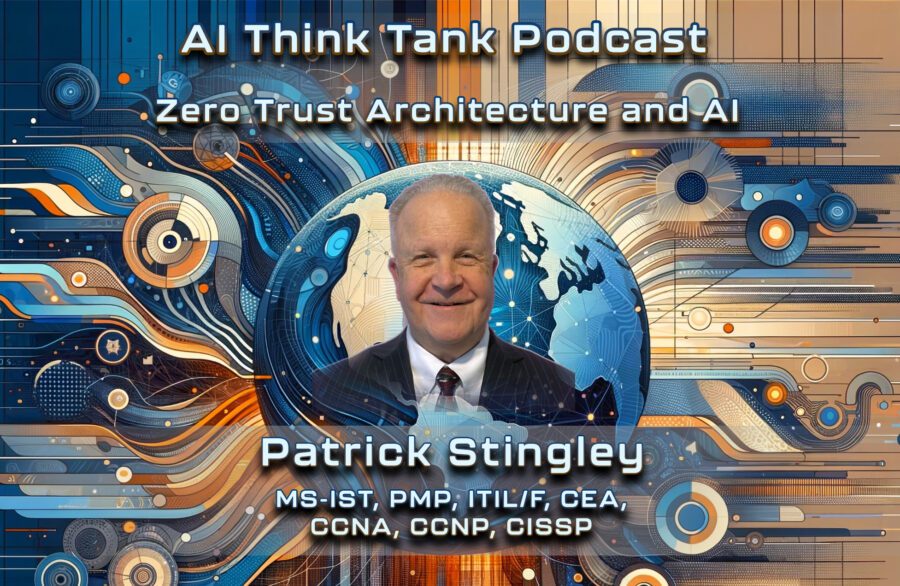
Key Points and Long-Term Implications of AI and Data Science in Government IT Systems with Patrick Stingley
On the AI Think Tank Podcast, host Dan Wilson had an informative discussion with Patrick Stingley, an experienced data scientist at the U.S. Bureau of Land Management. Stingley’s insights into the evolution of data science, the utilization of AI in the government sector, and his emphasis on the importance of zero-trust cybersecurity frameworks present significant implications for the future.
Futuristic Developments in Data Science and AI Integration
As data science continues to evolve and embed itself within several sectors, governmental operations can change significantly. The integration of AI in government can lead to improved efficiency, accuracy, and timeliness in decision making and implementation of policies. Although AI systems are far from perfect, they have the potential to greatly reduce human error, bias, and inconsistencies in government operations.
Importance of Zero-Trust Cybersecurity Frameworks
Aside from AI and data science, Stingley emphasized the importance of zero-trust cybersecurity frameworks. These frameworks are inherently distrustful and verify each attempt to connect to systems regardless of whether it’s made from inside or outside the network. As government IT systems become increasingly interconnected and complex, the need for robust and secure cyber infrastructure becomes more important than ever.
Challenges of Government IT Systems
Stingley also spoke about the unique challenges faced by government IT systems. These challenges range from securing highly sensitive data, maintaining transparency and integrity, and balancing efficiency with citizen privacy rights. Overcoming these challenges requires not only technological solutions, but also ethical considerations and lawmaking.
Actionable Advice
- Invest in Future Skills: As data science continues to evolve, ensure that you are equipped with the necessary skills to keep up with advancements. This may involve continuous learning, pursuing additional qualifications or certifications, and staying abreast of industry news and developments.
- Embrace Change: AI brings new opportunities for efficiency and accuracy, so aspire to adopt new technology where it can improve your work, while being mindful of its limitations and potential ethical concerns.
- Prioritize Cybersecurity: As cyber threats become increasingly sophisticated, it is vital to prioritize the implementation of zero-trust cybersecurity strategies. This not only protects valuable data assets but also builds trust with those whose data is being managed.
- Remain Ethically Conscious: While navigating the digital transformation, it’s critical to remain mindful of the ethical implications of technology. Strive for a balance between efficiency, transparency, and privacy.
